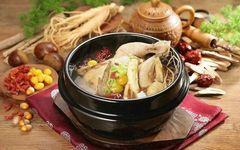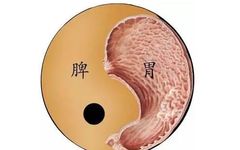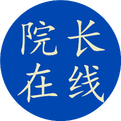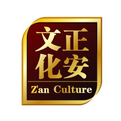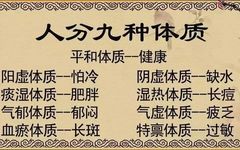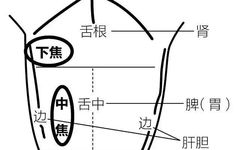Cold Weather Triggers Stomach Issues: A Formula to Warm the Spleen and Stomach
The autumn and winter seasons are prone to stomach diseases, and if not careful, one can easily experience discomfort in the stomach. This is especially true for those suffering from chronic gastritis or those with a yang deficiency and qi deficiency constitution. Remember the “Warm the Stomach” Principle When the weather turns cold, the most … Read more

